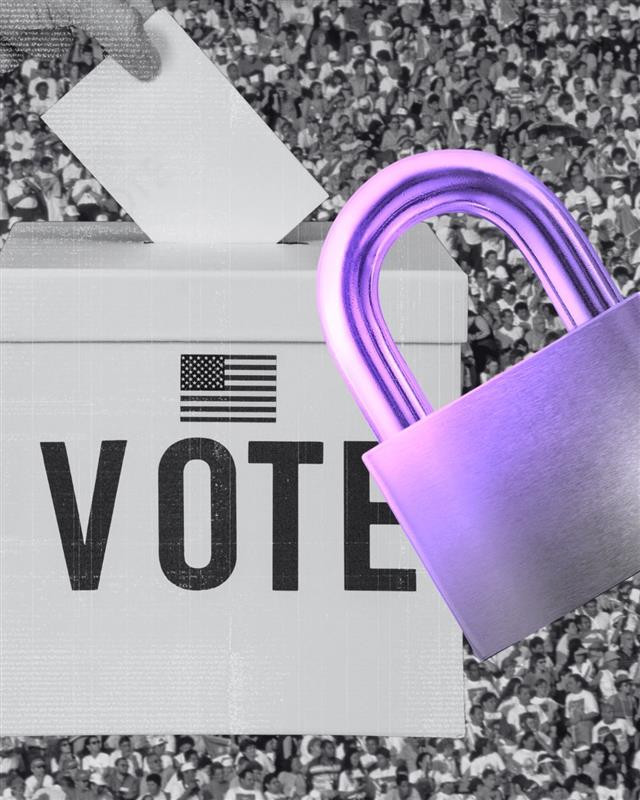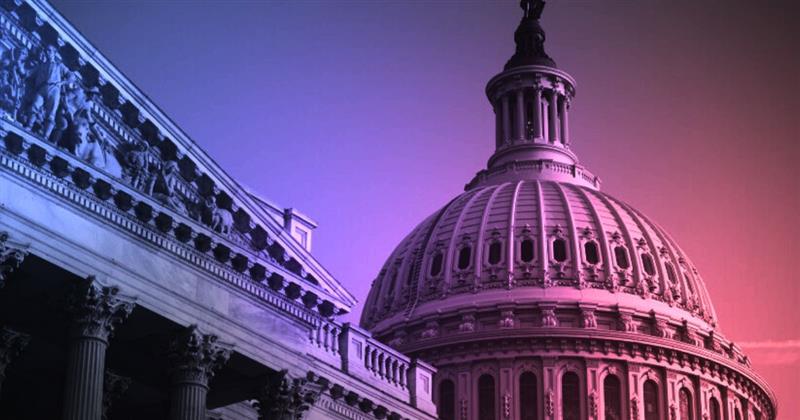For millions of independent voters, short-term pain isn’t just uncomfortable—it’s unsustainable.
The Big Picture
The stock market has been extremely volatile following President Trump’s new tariff regime. As Wall Street reacts with sharp declines, the administration defends the move as a necessary step to address what it calls a trade deficit “emergency.” Prominent Republicans have echoed this justification, framing the turmoil as a temporary setback in pursuit of long-term economic benefits.
Zooming In
But for millions of independent voters, short-term pain isn’t just uncomfortable—it’s unsustainable. A 2024 survey found that nearly half of all Americans agree or somewhat agree with the statement: “I am living paycheck to paycheck.” Surprisingly, this includes about 20% of households earning more than $150,000 annually. That statistic reveals a deeper issue: financial precarity is now a reality for a significant slice of the population, not just lower-income earners.
In the words of the late economist John Maynard Keynes, “In the long run, we are all dead.” Waiting for long-term gains may not be a viable option for those already struggling to get through the month.
Key Facts
- The new tariffs are projected to raise the prices of essential goods, from groceries to household items.
- CNBC estimates show price hikes across items Americans rely on daily, tightening the squeeze on already stretched budgets.

- Small businesses, which account for a large portion of U.S. employment, often lack the cash reserves to weather economic turbulence. When market uncertainty rises, they suffer from delayed contracts and hesitant customers.
- The 2024 survey underscores the fragility of American household finances, even among high earners.
Independent Lens
The irony is hard to ignore: the GOP’s electoral success was built in part on promises to fix affordability issues. Americans voted for a government they believed would ease the cost of living, not exacerbate it.
The domestic fallout from tariffs is already being felt in wallets and balance sheets across the country. For a population where a significant share lives on the financial edge, the promise of “long-term gain” feels like a gamble they simply cannot afford.
How long Americans are willing—or able—to wait for that promised payoff is the real question. For many, the answer may be: not long at all.


.jpeg)


.jpg)